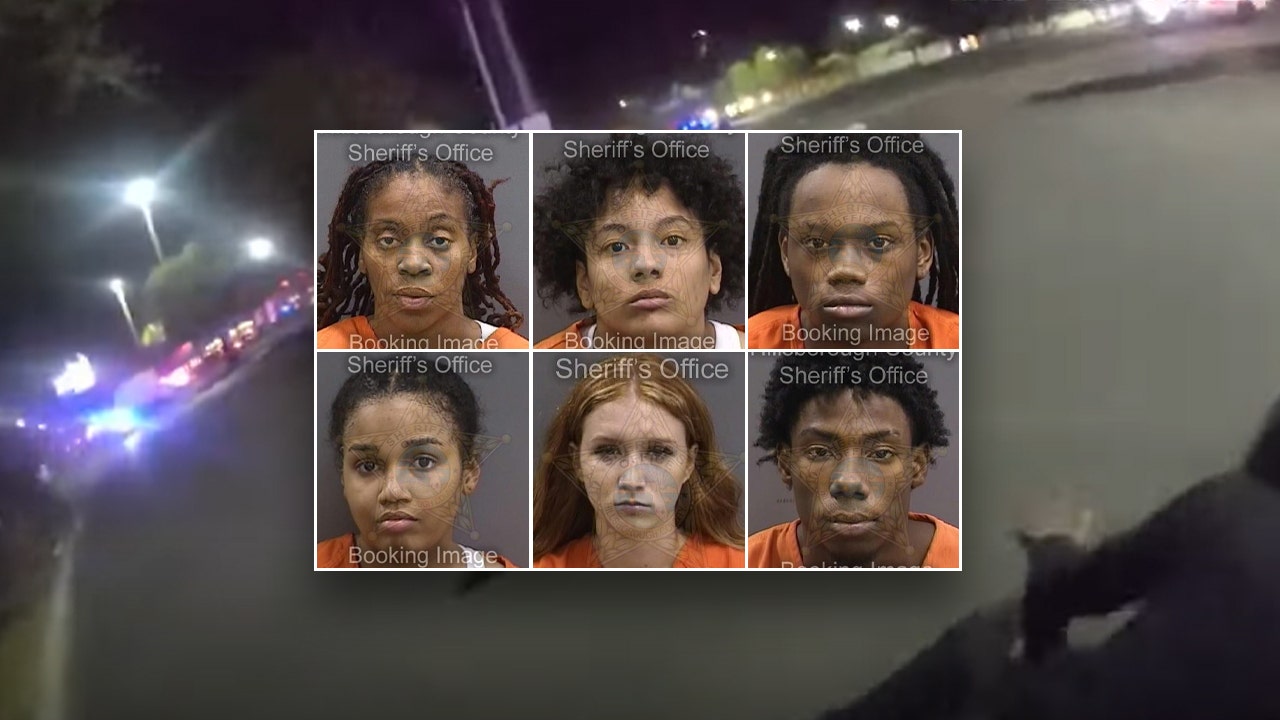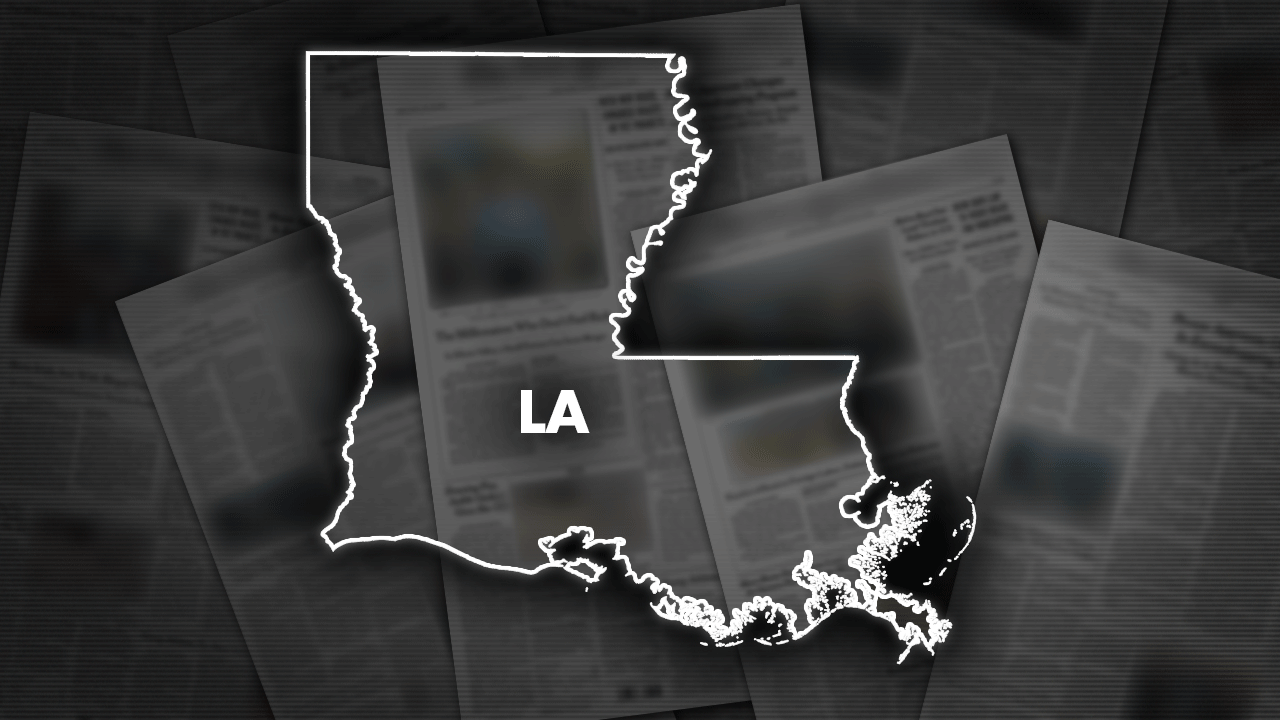Prime Minister Benjamin Netanyahu of Israel said on Wednesday that protests at U.S. universities against Israel’s war in Gaza were “horrific” and should be stopped, using his first public comments on the subject to castigate the student demonstrators and portray them as antisemitic.
Mr. Netanyahu’s comments could harden division over the demonstrations. They could also give ammunition to Republican leaders who have criticized the protesters and accused university administrators and Democrats of failing to protect Jewish students from attack.
“What’s happening in America’s college campuses is horrific,” Mr. Netanyahu said. “Antisemitic mobs have taken over leading universities. They call for the annihilation of Israel. They attack Jewish students. They attack Jewish faculty.”
It was not immediately possible to solicit a response from the students, who are not organized into a single group.
A relatively small number of students have staged protests for months at universities in different parts of the country to protest Israel’s conduct of the war in Gaza, which began after Hamas led an attack on Israel Oct. 7 in which around 1,200 people were killed and more than 200 others were taken hostage. Since then, the authorities in Gaza say, more than 34,000 people have been killed in Israeli airstrikes and fighting, the majority of them women and children.
The protesters’ main policy demand is that the U.S. government stop sending military aid to Israel. Some students have also called on universities to stop investing in weapons manufacturers and to sell, or divest, holdings in funds and businesses they say profit from Israel’s invasion of Gaza and the occupation of Palestinian lands.
Organizers of many of the campus groups leading protests around the country have said that they denounce violence and antisemitism. But some demonstrators have used anti-Jewish and anti-Israel slurs and other threatening language, and some Jewish students have said they feel unsafe. Some protesters have also expressed sympathy for Hamas, which controlled Gaza before the war and has vowed to destroy Israel.
The protests swelled in recent days at some of the most prominent academic institutions in the country, including Columbia, Yale, Cornell and the University of Southern California in Los Angeles. The police have responded, in some cases by making hundreds of arrests.
One impact has been to force university leaders to grapple with how far to permit protests, which are broadly protected as free speech, given that some protesters have used antisemitic language. Some Jewish students and leaders also say they see the demonstrations themselves as antisemitic or as fostering antisemitism.
In portraying the antiwar protesters as antisemites, Mr. Netanyahu is aligning himself with some Republican leaders, who have sharply criticized university leaders and the Biden administration for doing too little to crack down on the protests.
Last month, Mr. Netanyahu spoke to Senate Republicans via a video link during a closed lunch meeting and criticized the Democratic majority leader, Senator Chuck Schumer of New York. Mr. Schumer, who is a Jew, had said in a speech on the Senate floor that Mr. Netanyahu was an impediment to peace in the Middle East and called for a new election to replace him.
On Wednesday, House Speaker Mike Johnson, a conservative Republican, visited Columbia University in New York, the site of one of the most prominent of the student protests. Mr. Johnson said that President Biden should take action, including potentially sending in the National Guard, to quell the protests at Columbia, which he asserted had grown violent and antisemitic.
The demonstrations are becoming a political headache for President Biden, because the student protesters, and other left-leaning Democrats who sympathize with them, are important constituencies in his hopes for re-election in November.
By portraying the protests in such stark moral terms, the Israeli leader could reinforce Mr. Biden’s political bind.
Mr. Netanyahu appeared to equate protests against his government’s prosecution of the war Gaza with hatred of Jews. He said the protests on American campuses were “reminiscent of what happened in German universities in the 1930s,” an apparent reference to ideologically militant pro-Nazi student groups that, according to the Holocaust Encyclopedia, worked with the security forces to carry through Hitler’s agenda.
“It’s unconscionable,” he said. “It has to be stopped.”
Soon after coming to power in 1933, the Nazis passed a law that led to the dismissal of many Jewish university teachers and emboldened student groups to deploy violence and intimidation against Jewish faculty members and students.






